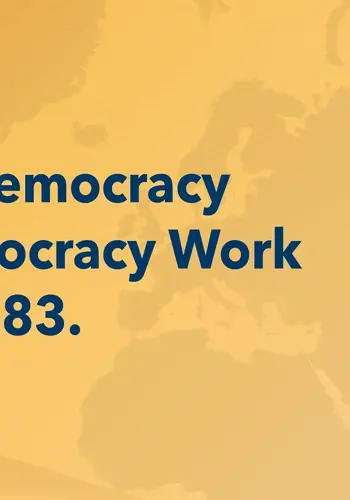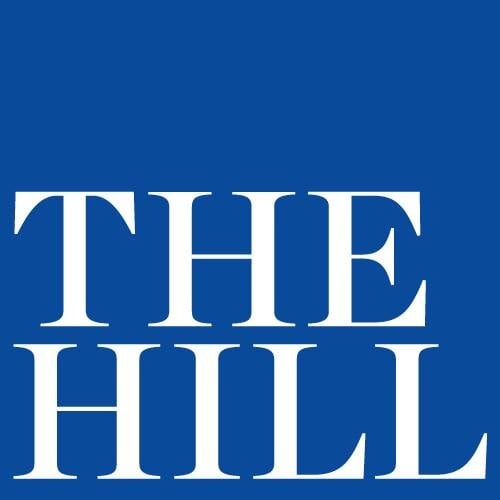For media inquiries, please contact Paulina Chavez [email protected].
New Op-Ed from NDI Chair Tom Daschle and IRI Chair Senator Dan Sullivan
We are living through a new era of authoritarian aggression. From Russia’s ongoing war on Ukraine to China’s threats against Taiwan, an alliance of autocracies represents a generational threat to America’s interests and the future of the free world.
Beyond the hard power required to prevail in this contest lies a deeper competition of ideas that the U.S. and our democratic partners cannot afford to lose. U.S. support for global democracy will be crucial to countering authoritarian expansionism and securing a free and prosperous future consonsant with American interests.
History has demonstrated the indispensability of this approach. Forty years ago, the U.S. embarked upon an experiment that would prove to be one of the most successful bipartisan endeavors in recent history. Building on foundations laid by Harry Truman’s “Four Points” speech and John F. Kennedy’s Peace Corps, President Ronald Reagan, in his famous 1982 Westminster speech before the British Parliament, called for a global campaign to “foster the infrastructure of democracy.”
Taking up this challenge, in 1983, Republicans and Democrats joined forces to establish the National Endowment for Democracy (NED), a congressionally-funded nonprofit that initiated a transformation in the exercise of American leadership.
Today, we take for granted many of the democratic victories that followed the end of the Cold War. But in 1983, more than 80 percent of the world lived under autocracy. The chances that Soviet communism would not only collapse but give way to democratic change seemed quite remote. Over the last four decades, the NED and the four core institutes it funds — including the National Democratic Institute (NDI) and the International Republican Institute (IRI), where the authors serve as board chairs — have been crucial partners in that democratic progress.
These institutes have parlayed the skills and experiences of veterans of the American political scene, as well as a vast network of international and regional experts, to help partners in more than 100 countries build their democracies from the ground up. This includes training political parties to compete in a healthy multiparty system; sharing best practices in governance with elected officials at all levels; nurturing the next generations of political leaders; supporting the political empowerment of women and other traditionally marginalized populations; and promoting electoral integrity through programs designed to ensure that election results are trusted and reflect the will of the people.


